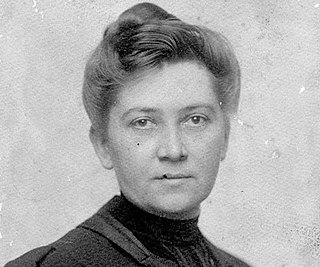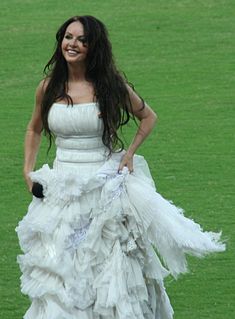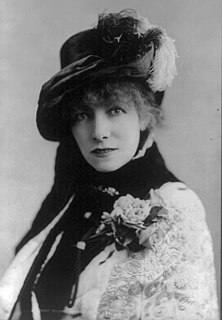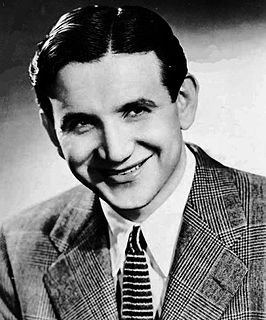A Quote by Horace
It is not enough for poems to be fine; they must charm, and draw the mind of the listener at will.
Related Quotes
Perhaps within the next hundred years, science will perfect a process of thought transference from composer to listener. The composer will sit alone on the concert stage and merely 'think' his idealized conception of his music. Instead of recordings of actual music sound, recordings will carry the brainwaves of the composer directly to the mind of the listener.
Television is a new, hard test of our wisdom. If we succeed in mastering the new medium it will enrich us. But it can also put our mind to sleep. We must not forget that in the past the inability to transport immediate experience and to convey it to others made the use of language necessary and thus compelled the human mind to develop concepts. For in order to describe things one must draw the general from the specific; one must select, compare, think. When communication can be achieved by pointing with the finger, however, the mouth grows silent, the writing hand stops, and the mind shrinks.
It's true, there aren't many explicit references to Canada in my book. And not many explicit references to the U.S., either. I try to fill my poems with enough real, observed detail that the poems create a believable world - but I don't write poems for the sake of telling my own story. My life is not important or interesting enough to warrant that kind of documentary. Instead I try to use my experience as a way of understanding situations that are common to many people. I want readers to project their own lives onto my poems.
It is certainly not the least charm of a theory that it is refutable; it is precisely thereby that it attracts the more subtle minds. It seems that the hundred-times-refuted theory of the "free will" owes its persistence to this charm alone; some one is always appearing who feels himself strong enough to refute it.
If I marry: He must be so tall that when he is on his knees, as one has said he reaches all the way to heaven. His shoulders must be broad enough to bear the burden of a family. His lips must be strong enough to smile, firm enough to say no, and tender enough to kiss. Love must be so deep that it takes its stand in Christ and so wide that it takes the whole lost world in. He must be active enough to save souls. He must be big enough to be gentle and great enough to be thoughtful. His arms must be strong enough to carry a little child.
There is nothing “still” in the remarkably visceral poems of Alexander Long's third collection, Still Life, and nothing is at rest in these restless and edgy poems. Conversational and kinetic, these poems chart the traces left by the shifting overlays of the templates of literature, rock-and-roll, and contemporary culture. As each poem in Still Life attempts to fix a focus upon a scene or subject, the protean natures under view draw the poet into the eddies and complexities of reflection. This is a powerful and moving collection of poems.
Telling purposeful stories is interactive. It's not a monolog. Ultimately, purposeful tellers must surrender control of their stories, creating a gap for the listener(s) to willingly cross in order to take ownership. Only when the listener(s) own the tellers' story and make it theirs, will they virally market it.






































